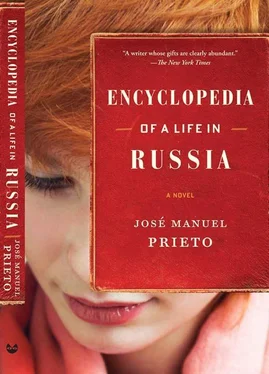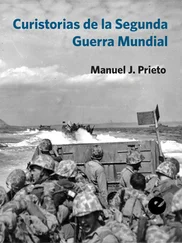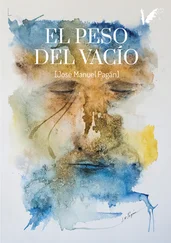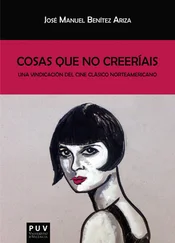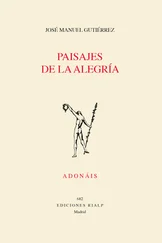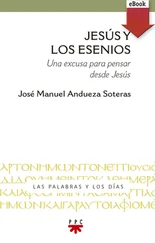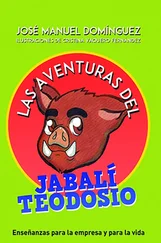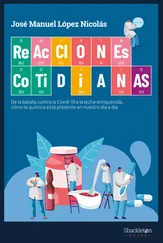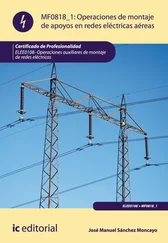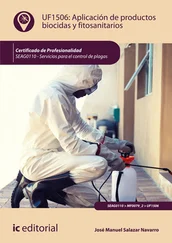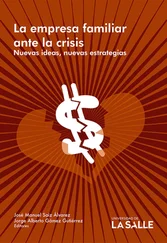She shot through the door in a whirlwind. I glanced at Rudi, the chorus of this Greek tragedy against whom all our dialogue rebounded, but he didn’t seem to know the source of LINDA’S sudden disquiet either. Was it the rain? Did she have white clothes hung out to dry on a balcony?
Five minutes later she was back, pulling young Maarif along by the hand. “He was going to catch cold out in the rain,” she said. My soul plunged to the bottom of my feet. He had been waiting for her the whole time in the plaza. He would wait there, kneeling on the pavement, hatless and shivering with cold. I repeated his name in a low voice, “Maarif,” trying to find some explanation for his conduct. What was more, with a friend like that, LINDA was dangerous, capable of standing at the altar before an open Bible and then escaping in a sleigh pulled by fiery steeds through the driving snow and the wind’s eternal ululation. Which would cut short my novel.
No, I had nothing against allowing Maarif to join our party. “RUDI, set another place for Maarif.”
Maarif was wearing his Cossack overcoat, doing his bit for the awakening of the national consciousness. He hung it from a hook on the wall and I watched the water drip from it, the steam that rose from its folds.
LINDA wrote me a short letter about Maarif. “Maarif is a Persian name or something like that. But he’s Russian. He’s the one who explained all those terrible things to me, about the Elders of Zion. .”
I raised my eyes and fixed them on this young man: the clear, exalted face of one who has been granted access to a unique truth. He remained silent through most of the meal. Just before midnight, he summoned RUDI and said, so that everyone else could hear: “Tell me when it’s midnight.”
RUDI answered somewhat abrasively, “That won’t be necessary; we close at midnight, unless we’re paid a supplementary fee.” (RUDI addressed him like that out of annoyance at the tone of his order; he was very intelligent for a mere waiter, but Maarif was too young to understand that.)
Half an hour later RUDI went over to Maarif and whispered something. I consulted my watch. Maarif leapt to his feet, prepared to unmask me.
(The same scene in F.M.’s Идиот [ The Idiot ]: the young man who wants to settle accounts with the world and offer up the irrefutable proof of a vermilion stain on the tablecloth. This was what happened: HIPPOLYTE, his left hand holding the glass of champagne, had plunged his right hand into his coat pocket. Keller afterward declared that HIPPOLYTE had that same hand in his pocket earlier, as he was talking to Myshkin, whom he embraced with his left arm — which was, Keller said, what first awoke his suspicions. Be that as it may, some vague uneasiness made him run to HIPPOLYTE’S side. But he was too late. He only just glimpsed an object shining in HIPPOLYTE’S right hand and realized immediately that a small pocket pistol was pressed against the young man’s temple.)
“Nastia!” Maarif shouted to LINDA to penetrate her consciousness, which was somewhat impaired by the champagne. “The terrible thing, the worst thing of all, is that this guy doesn’t have a kopeck, he’s an imposter, a PSEUDO DEMETRIUS.”
The fearsome accusation. I wanted to cut his wings before he rose much higher.
“The terrible thing, the worst thing of all, is that I have a great deal of money indeed! And I’m ready to spend it all on LINDA!”
My reply took him by surprise. He stopped short (pebbles still rolling beneath his feet) and gulped for air. He went on. “Why should we believe you? I, too, could organize a feast like this one if I wished, but that’s the thing: I don’t want to.”
I was wounded by his total incomprehension. I had confessed my plan to him — all that the reader now knows — in the belief that he would grasp my purpose. But he had heard me out with the smile of an experienced practitioner who prefers not to contradict a patient who is visibly mad. I let him carry on (“Why should we believe you?” et cetera ).
“When I saw you this morning along the canal, near the cathedral, I knew you immediately for one of those pathetic foreigners who put on airs of grandeur. I met one who wanted to be called the King of Suomi. He talked about renting a Navy helicopter to show me Petersburg as the crow flies. He never kept his promise. . In Helsinki there are at least three thousand plumber kings like this guy here. As long as we have foreigners eating and drinking in our restaurants, seducing our women, the Russian muzhik will never be able. .” and Maarif SPAT, irate.
Then the general let off another slam of his fist on the table. All the plates and glasses jumped.
“I disapprove of these statements,” he formulated, as if delivering a report to Central Command. “You have eaten and drunk at this table. How can you deny your friendship with Hussein?”
(Hussein, the Assyrian scribe. Who was me. More or less accurately. The general had christened me with a generic foreign name, in the sense that I was any old common-garden Ivan.)
“Ask Hussein to forgive you,” he demanded.
Maarif, red with shame, took a moment for introspection and found himself replete with champagne and caviar consumed at my expense. Whereupon he promptly delivered himself of a second discourse, this one of repentance for all the countries the IMPERIUM had dragged into the abyss, my own included. Finally, no longer knowing how else to erase his guilt, he praised my Russian. “You speak Russian very well”—which meant I had managed to open the doors of the Rus and could leave behind the steppe, the nameless distances that belong to those who are mute (those who explain themselves in an unintelligible language, a language of mutes), the sea and the lands beyond the sea, and enter the chosen kingdom of world renewal. Slavophilia. Russian exceptionalism. The Russian Third Way. Maarif wanted to reduce that whole vast task to the salvation of LINDA’S lone, imperiled soul.
I. Dinner was over. RUDI, who now took me for little less than a desert sheikh, bent down next to my ear, his aching hand clutching the lapel of his double-breasted jacket, his lips moist: “You should go south, to YALTA. A lot of casinos have opened there. The season has just begun.”
IMPERIUM. Captives in the IMPERIUM, its prisoners felt nevertheless as if they were galloping in full freedom across unlimited space: men and women in their natural habitat with no barbed wire or alarm system in sight. The IMPERIUM was a parallel world, a self-sufficient universe that included its own “globetrotters,” fully deserving of the title, who, even so, had never left it. The other world — the OCCIDENT, Africa, the Fiji Isles — seemed to belong to a past accessible only through books or films that appeared to emerge from nowhere. It was perceived as a far distant future or a remote history (a purely academic interest in the Sumerian maritime arts); in the present it was nonexistent.
I. In this partial analysis of the IMPERIUM, I shall focus on the following aspects: a) Destiny b) Fear c) Mortal danger
a) Destiny. Russia, the great country that constituted the nucleus of the IMPERIUM, possesses a universal destiny that is the sum of all individual destinies . The topside or visible portion of this great destiny, this ineluctable Russian destiny, makes its way like an icebreaker through the frozen armor-plating of the years, leaving behind a jagged wake of truncated lives. The currents of this destiny come from very far and cross through the IMPERIUM’S lives like fossilized radiation left over from the Big Bang. And these narrative threads, invisible and inescapable, are destiny. Everyone is crisscrossed by these lines of force, fate’s ultrapowerful magnet, drawing them to their death. With room for small fluctuations, fruitlessly heroic efforts, the world as will and representation, and other such trivialities that bother us only when we’re young, after which, tired of rowing against the shifting tides of destiny, we extend our arms in a cross and float painlessly.
Читать дальше
